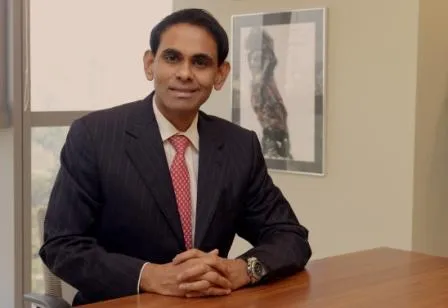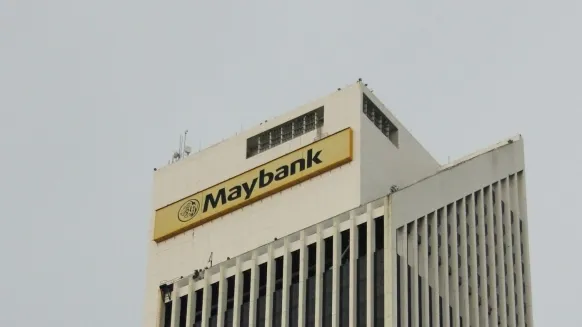
Are Islamic banks ready to jump on the digital bandwagon?
Muslims and non-Muslims alike want a seamless digital banking experience.
For traditional banks in Asia, digital banking is all the rage with financial institutions striving to make their products and services accessible via different devices. More consumers are opting to do branchless banking, and banks are responding by strengthening their online and mobile platform offerings. But even conventional banks are still learning the ropes in order to provide a seamless digital banking experience. How different will the experience be for Islamic banks?
We talked to the heads of some of the major Islamic banks in Malaysia and Indonesia, and we found out that there is not much of a difference between the preferences of Muslims and non-Muslims. In fact, Islamic banks have also employed e-banking centers, contact centers, mobile branches, remote light branches, agent banks and other direct channels to service those on the periphery of traditional banking centers.
ABF: What role will technology and innovation play in delivering financial services to the majority of Muslims who still do not have access to them? Can you cite specific examples of what's currently being done in this area?
Mohamad Safri Shahul Hamid, Senior Managing Director and Deputy CEO, CIMB Islamic:
Technology and innovation will play a large role in channel delivery when it is married with the right communications approach. Digital banking is simple, fast, available at all hours and able to deliver financial services to various markets in a consistent manner so as to reach the majority of Muslim and non-Muslims alike.
There is no difference in terms of preference between the Muslims and non-Muslims. CIMB's online banking platform of active users has charted 20% growth year-on-year, with both Muslims and non-Muslims contributing to the upward trend.
A 2014 study conducted by GroupM Malaysia, a media agency, found that digital adoption across the Malay consumer segment was astounding. The perception that digital adoption still mostly comprises the affluent, urban, educated people is not correct any more.
Puan Fozia Amanullah, Chief Executive Officer, Alliance Islamic Bank Berhad:
Technology will continue to facilitate banking inclusiveness and expand the reach and coverage of banking services - including that of Islamic banking. Given the agnostic nature of technology and innovation, Islamic banks have largely relied on the same technologies used by conventional banks to reach out to a wider market. Like conventional banks, Islamic banks have employed e-banking centers, contact centers, mobile branches, remote light branches, agent banks and other direct channels to service those on the periphery of traditional banking centers.
As an example, the technologization of the Hawaala system of money transfers in Africa, the Middle East and the Indian subcontinent was instrumental in providing an efficient and transparent mode of money transfers for the non-banked rural Muslim communities in those regions.
With the current wave of banking digitization, Islamic banks again have the opportunity to enhance or refine its distribution footprint and understand its customers better, develop contextually-relevant products as well as enhance the way they service their customers. Besides enhancing the ubiquity of access via alternative channels such as web banking, apps-based mobile banking and various mobile payment modalities, Islamic banks should already be mining transactional and customer data analytics to enhance its propositions, fulfillment processes and customer experience.
In Malaysia, the pursuit of efficient inclusiveness through technology led to a collaboration between the Islamic banking industry and the Central Bank to build a web-enabled industry-level exchange that facilitates the intermediation of Shariah-compliant investments. This not only creates a new investment asset class accessible by corporates, high net worth individuals and mass retail investors; but also would allow normally non-bankable startups, small businesses, and high-risk ventures access to direct investor funding.
Koko T. Rachmadi, Sharia Business Unit Head, Bank OCBC NISP:
Some of the Sharia Banks are involved in Branchless Banking initiated by Central Bank of Indonesia. With this technology, Sharia Bank can reach rural populations in Indonesia.



















 Advertise
Advertise














